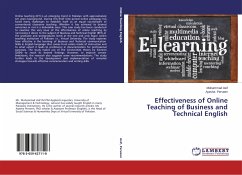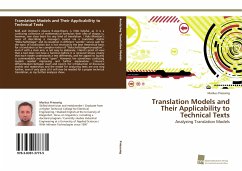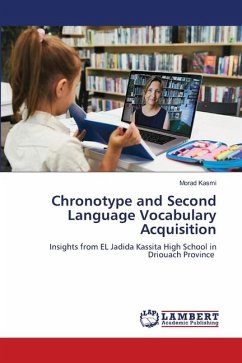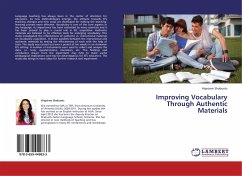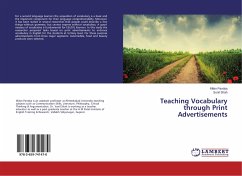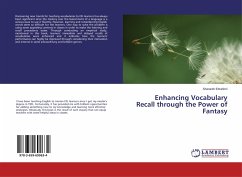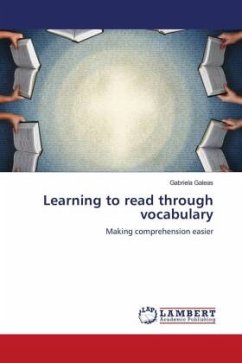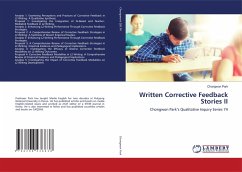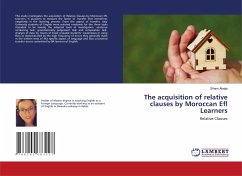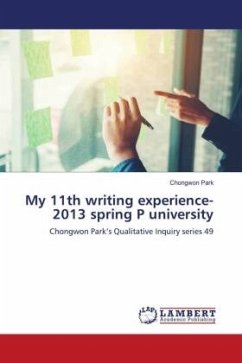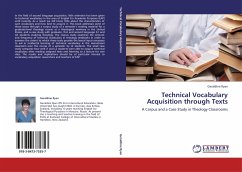
Technical Vocabulary Acquisition through Texts
A Corpus and a Case Study in Theology Classrooms
Versandkostenfrei!
Versandfertig in 6-10 Tagen
52,99 €
inkl. MwSt.

PAYBACK Punkte
26 °P sammeln!
In the field of second language acquisition, little attention has been given to technical vocabulary in the area of English for Academic Purposes (EAP) until recently. As a result we still know little about the characteristics of such vocabulary and how best to acquire it. This book addresses some of those issues through a corpus study of a semester s reading material for a graduate-level theology course at a theological seminary in the United States, and a case study with graduate, first and second language (L1 and L2) students studying theology. The corpus study examines the amount and frequ...
In the field of second language acquisition, little attention has been given to technical vocabulary in the area of English for Academic Purposes (EAP) until recently. As a result we still know little about the characteristics of such vocabulary and how best to acquire it. This book addresses some of those issues through a corpus study of a semester s reading material for a graduate-level theology course at a theological seminary in the United States, and a case study with graduate, first and second language (L1 and L2) students studying theology. The corpus study examines the amount and frequency of technical vocabulary in theology textbooks in order to examine the extent to which these texts provide the lexical input necessary to aid in incidental learning of technical vocabulary in the mainstream classroom over the course of a semester by L2 students. The small case study compares how well L1 and L2 students were able to acquire technical vocabulary after reading assigned texts and listening to a lecture for one class. The results and implications should be of particular interest to vocabulary acquisition researchers and teachers of EAP.



